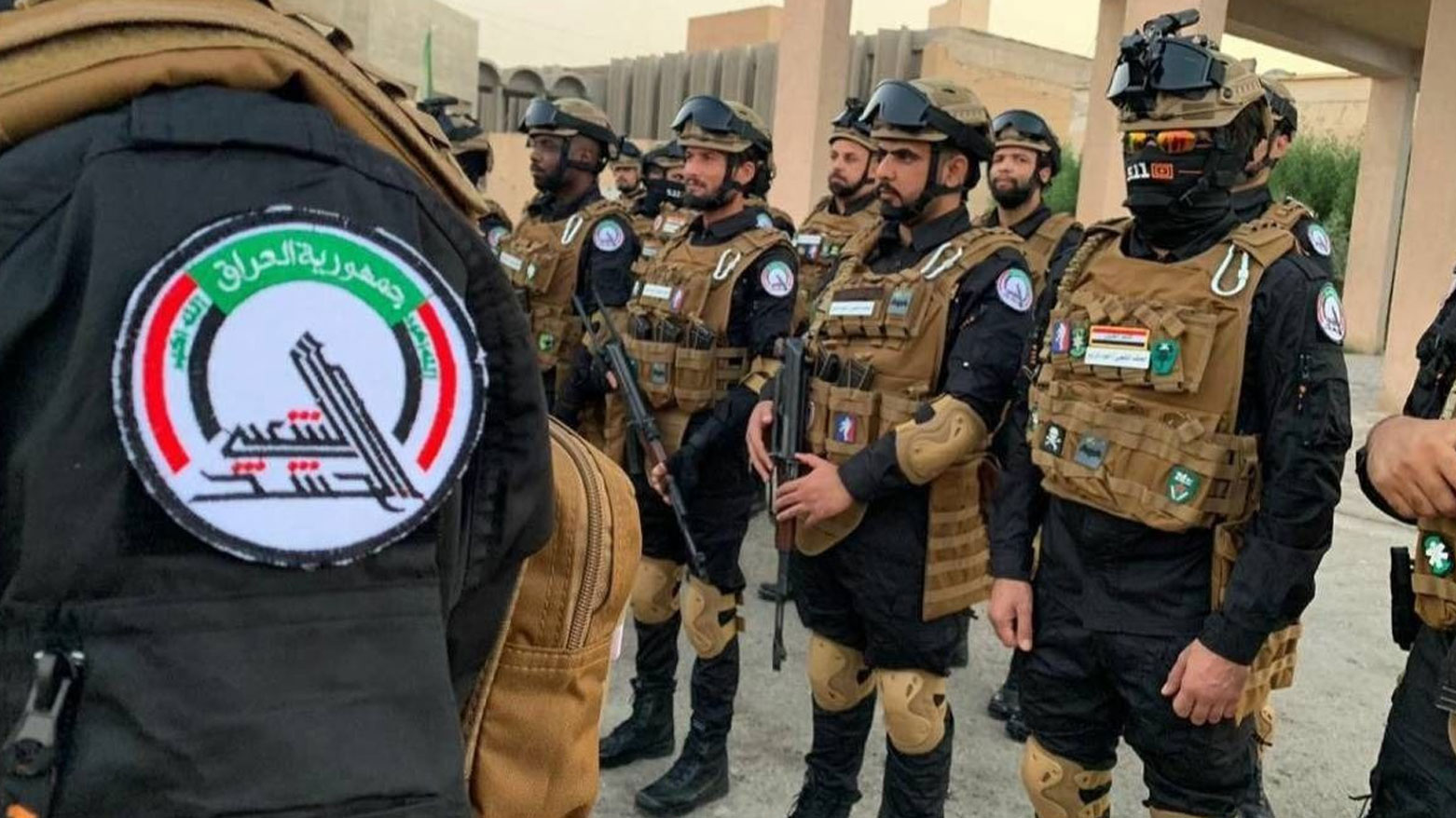Iraq’s Foreign Ministry Works to Avert US Sanctions on PMF Leaders, Companies
The United States is preparing a sanctions list targeting more than ten individuals, including prominent PMF leaders and other political figures linked to Iran-backed-armed groups in Iraq.

ERBIL (Kurdistan24) – Reports citing Iraqi political sources on Monday revealed that Iraq’s Foreign Ministry is actively engaged with the U.S. administration to prevent the imposition of US sanctions on Iraqi entities, including leaders of the Iraqi Popular Mobilization Forces (PMF) and its associated companies.
Impending US Sanctions and Political Concerns
According to the mentioned source, the United States is preparing a sanctions list targeting more than ten individuals, including prominent PMF leaders and other political figures linked to Iran-backed-armed groups in Iraq. Additionally, several companies with strong political affiliations to the mentioned groups are expected to be affected.
“The US sanctions could be issued soon. The sanctions list contains the names of political figures who have armed groups in Iraq,” the source revealed. The potential sanctions are seen as part of broader US efforts to regulate Iraq’s currency exchange, stop the flow of Iraqi financial assistance to Iran, and curb Iran’s influence in the country. The Trump administration has been vocal about its policy to weaken Tehran’s economic reach and restrict its access to hard currency through Iraq.
Financial and Economic Implications
The source further disclosed that the sanctions list includes three financial companies and three transportation companies involved in Iraqi oil trading. These firms are suspected of being part of a broader network engaged in smuggling currency and oil to Iran, a practice that Washington aims to disrupt through imposing economic sanctions.
On Feb. 16, a senior Iraqi government official confirmed that the United States had already imposed sanctions on five Iraqi banks accused of illegal financial transactions. The US also notified Iraq of an impending ban on the use of all electronic payment cards outside the country, a move intended to curb currency smuggling. US financial monitoring teams recently identified irregular financial activities that raised concerns about illicit fund transfers.
Broader Geopolitical Implications
Observers argue that these sanctions could significantly impact Iraq’s economy, given its strategic role as a key economic corridor for Iran. However, observers suggest that Washington’s objective may be to push Iran toward renewed negotiations, leveraging economic pressure as a diplomatic tool.
With Iraq caught in the US-Iran crossfire, mainly because of the loyalty of Iraq’s stakeholders to Iran, Iraq faces mounting pressure to navigate the situation carefully. Iraq’s Foreign Ministry is reportedly engaging in high-level diplomatic efforts to ease tensions and mitigate the impact of potential sanctions, emphasizing Iraq’s economic stability and its role as a regional partner.
The coming weeks will be crucial as the U.S. advances its financial measures. Whether Baghdad can negotiate a compromise or these sanctions will further strain Iraq’s economy and politics remains uncertain.
